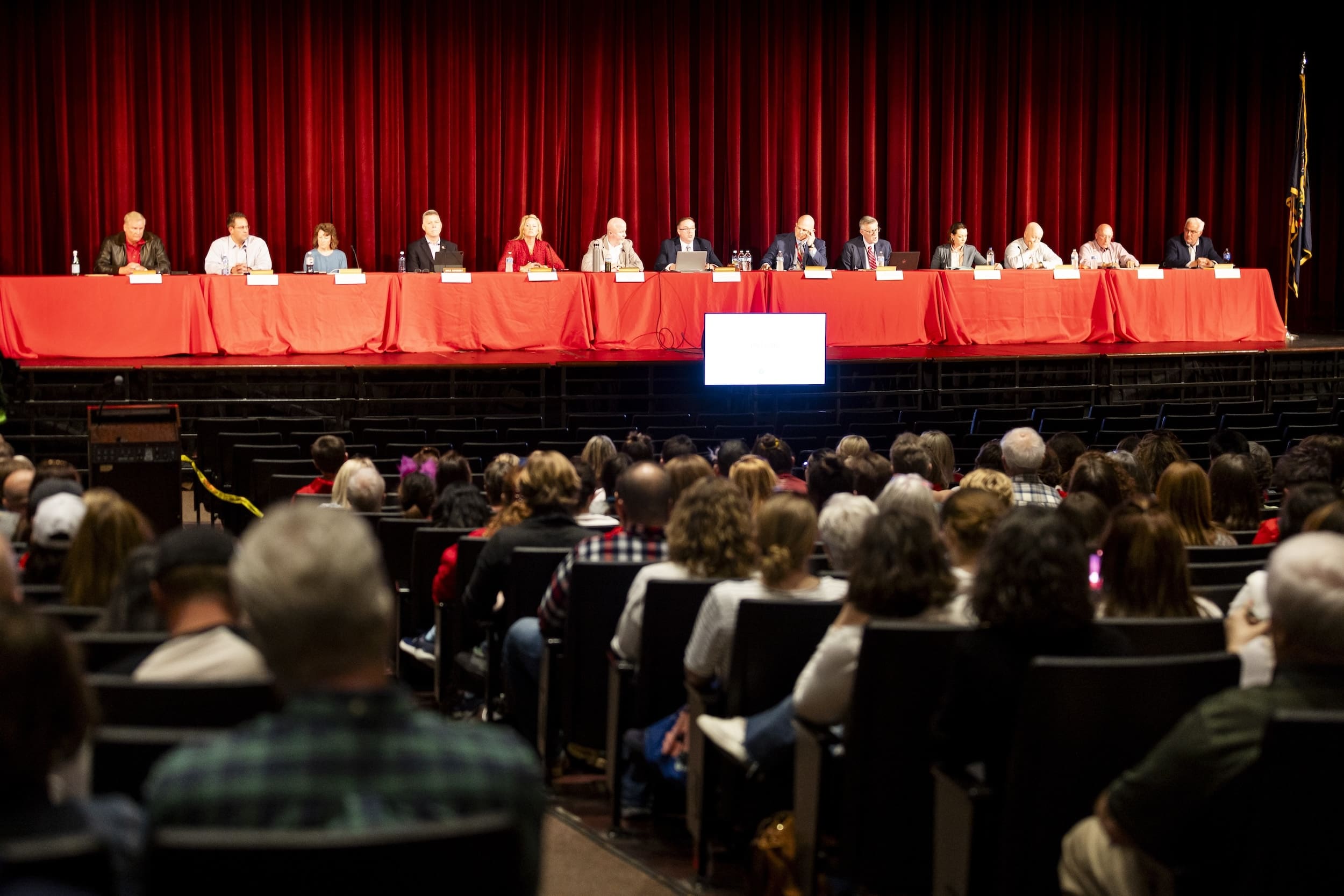Sen. Casey and Rep. DeLauro introduce Eviction Prevention Act to protect tenants
The legislation would provide funding for low-income tenants’ legal representation.

As eviction filings soar nationwide, Democratic U.S. Sen. Bob Casey of Pennsylvania and Democratic Rep. Rosa DeLauro of Connecticut this week introduced the Eviction Prevention Act in an effort to keep Americans from being displaced as evictions increase.
If signed into law, S. 3463 would provide grant funding for local and state governments to connect low-income tenants with legal representation during eviction proceedings. It would also create a national eviction database to help the U.S. Department of Housing and Urban Development better track eviction cases.
“Far too many Americans are at an increased risk of eviction and homelessness because they don’t have access to legal representation to help them and advocate for them,” Casey said in a press release. “This bill will help families stay housed and level the playing field between tenants and landlords. It’s past time we devoted more federal resources to helping families in Pennsylvania and across the nation keep a roof over their heads.”
The legislation comes at a time when eviction filings are increasing in Pennsylvania and across the country. There have been nearly 115,000 eviction filings in Pennsylvania in the past year, according to Princeton University’s Eviction Lab, a total that a September report issued by Community Legal Services of Philadelphia says is nearly double the number of evictions in 2021.
Like 42 other states, Pennsylvania implemented a temporary eviction moratorium during the early part of the COVID-19 pandemic; Pennsylvania’s moratorium ended in August 2020, and a federal eviction ban ended a year later in August 2021. Holes in the moratorium allowed for tenants in Pennsylvania and throughout the United States to continue to be evicted.
With social supports like the eviction moratorium that were implemented earlier in the pandemic now gone, Americans are reporting significantly more housing instability than in recent years. About three million Americans said this fall they were at least somewhat likely to face eviction or foreclosure in the next couple of months. Homelessness has also increased in communities throughout Pennsylvania, according to testimony provided during a state legislative committee hearing in November.
Casey and DeLauro said the Eviction Prevention Act would help prevent renters from being displaced. Casey’s press release pointed to a 2018 study of eviction cases in Philadelphia that found tenants with legal representation were forcibly displaced from their homes in 5% of cases, compared with 78% of unrepresented tenants.
The proposed legislation would create a new grant program for state and local governments to hire attorneys who would represent tenants with incomes below 125% of the federal poverty level during eviction proceedings. It would also mandate that the U.S. Government Accountability Office report on limitations of the legal system for tenants experiencing eviction.
Housing advocates in Pennsylvania and nationwide, including the National Housing Law Project and Community Legal Services of Philadelphia, endorsed the legislation.
“The US affordable housing crisis is reaching a fever pitch, and evictions have risen above pre-pandemic levels,” Shamus Roller, executive director of the National Housing Law Project, said in the press release from Casey’s office. “As renters navigate this dangerous market, they increasingly face rent gauging, significant rent burden, and frequent and unjust evictions. And they are taking on these challenges without adequate representation in housing court.”
Diana Yentel, president and CEO of the National Low Income Housing Coalition, pointed out in the same press release that evictions disproportionately harm Black women.
“Even before the pandemic, millions of the lowest-income and most marginalized households were just one financial shock away from falling behind on their rent, losing their homes, and, in worst cases, experiencing homelessness,” Yentel said. “Today, many of these same households are even more precariously housed.”




